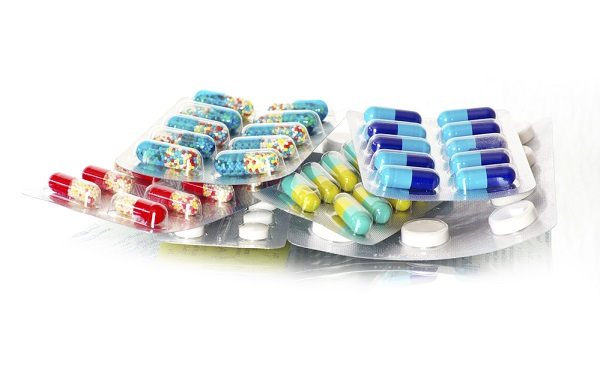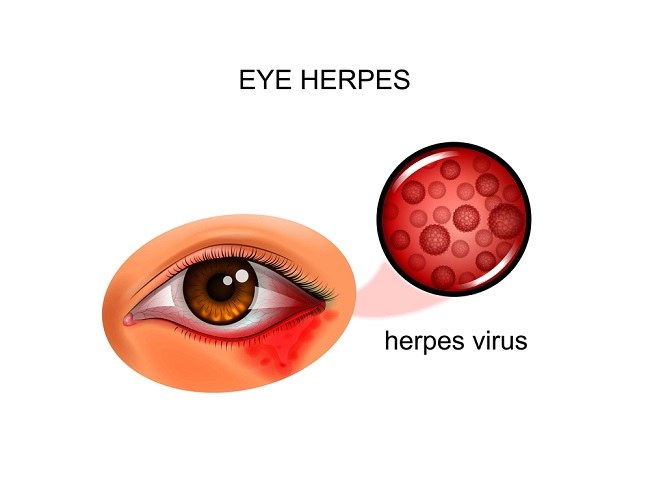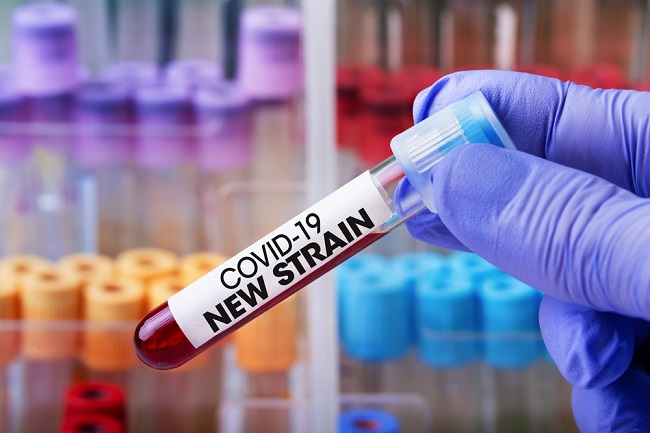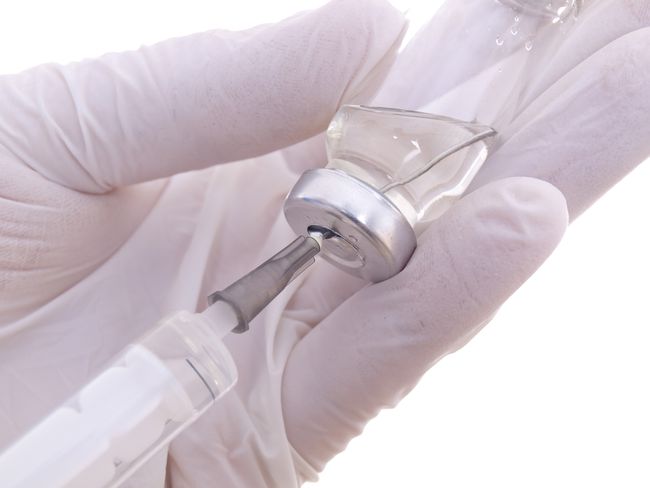Have you ever felt stomach pain, diarrhea, nausea, or bloating after eating a food? If so, it may be due to a food intolerance. Check out the following article to get to know more about food intolerance and how to deal with it.
Food intolerance is one of the most common digestive disorders. Food intolerance occurs when the digestive tract cannot digest food properly.

Food Intolerance Causes and Symptoms
There are several things that can cause food intolerance, namely:
- Certain diseases, such as IBS, pancreatitis, and Celiac disease
- Lack of digestive enzymes, for example in lactose intolerance
- Additives, such as colorants, added flavours, or food preservatives
- Food poisoning
- Heavy stress
- History of gastrointestinal surgery
People who have food intolerances can experience indigestion when eating certain foods, such as milk, cheese, yogurtoats, coffee or tea, fruits, honey, and nuts.
After eating foods that are difficult for the body to digest, people with food intolerances may experience symptoms such as:
- Stomach ache
- Bloated
- Nausea and vomiting
- Diarrhea or loose stools
- Constipation
However, these symptoms can also occur in other digestive disorders, namely food allergies.
Difference Between Food Allergy and Food Intolerance
Although they have similar symptoms, food allergies and intolerances are two different diseases.
Food allergies are caused by an overreaction of the immune system to food, while food intolerances are caused by the body's inability to digest certain foods.
The following are some of the differences in the characteristics of a food allergy and a food intolerance:
- Food intolerance only causes symptoms of indigestion, while food allergies can cause digestive disorders along with allergy symptoms, such as itching, swelling of the lips and eyelids, shortness of breath, to shock due to anaphylaxis.
- Symptoms of food intolerance usually appear when the food that causes the intolerance is consumed in large quantities, while symptoms of food allergies can appear even if the food that triggers the allergy is consumed in small amounts.
- Food intolerance usually occurs within a few hours after the food is consumed, while a food allergic reaction can appear within a short time or within minutes.
- Food intolerance is harmless, whereas a severe food allergic reaction is potentially life-threatening if it causes an anaphylactic reaction.
How to overcome Food Intolerance
Food intolerance cannot be cured, but there are several ways that can be done to prevent the appearance of food intolerance symptoms so that people with this condition can eat various types of food comfortably.
The following are some guidelines for controlling and dealing with food intolerances:
1. Identify and record foods that are suspected of causing intolerance
If you don't know what type of food is causing your intolerance, try keeping a record of the foods and drinks you eat each day. Also make a note if you feel symptoms of food intolerance after consuming the food or drink.
2. Do not eat foods that cause intolerance or reduce the portion
Once you know the food that triggers your intolerance, you can start reducing the portion of that food or not eating it at all.
However, you need to remember, avoiding certain foods risks making the body lack of nutrients. Therefore, you should consult a nutritionist to determine the foods that you can consume to meet the nutritional intake that is lacking.
3. Read the information on the food packaging carefully
Before you consume certain food or beverage products, don't forget to read the label of the ingredients or compositions contained in the product. Limit or avoid consumption of foods and drinks that contain ingredients that you cannot digest.
4. Take digestive enzyme supplements according to the doctor's prescription
To prevent and relieve symptoms of food intolerance, you can try taking digestive enzyme supplements. However, before taking this supplement, you need to consult a doctor first so that the type and dosage of the supplement can be adjusted to your condition.
If you experience symptoms of food intolerance or have difficulty choosing the type of food that is safe for consumption because you have an intolerance to certain foods, you should consult a nutritionist to get the right treatment. Food intolerances also need to be treated by a doctor immediately if they have made you nutritional deficiencies.









